Thoroughbreds: An interview with director Cory Finley
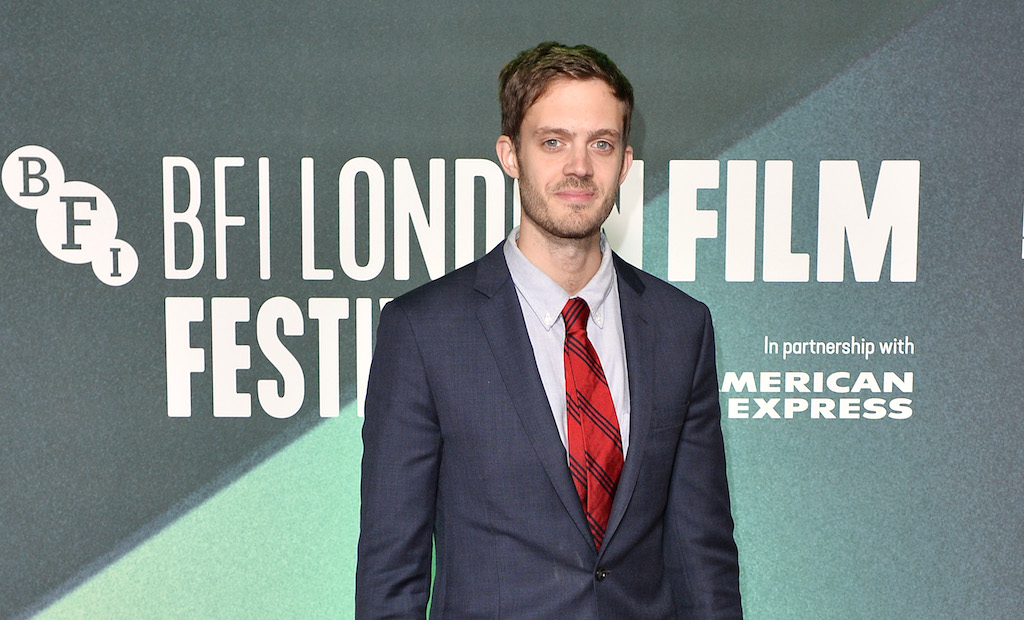
Out this week is the darkly comic psychological thriller from playwright-turned-filmmaker Cory Finley, Thoroughbreds. Starring Anya Taylor-Joy and Olivia Cooke, the story originally written for the stage was adapted for screen to form Finley’s cinematic debut. Taylor-Joy and Cooke play Lily and Amanda, two upper-class teenage girls in the suburbs of Connecticut who rekindle an old friendship and end up plotting a plan to solve one another’s problems. Finley’s impressive debut explores class and privilege via a melange of genres and influences from noir to horror as well as black comedy. The movie also holds a fine and final performance from Anton Yelchin.
We met with the New York-based director while he was in the UK for the BFI London Film Festival and he talked us through the process of adapting the play for the screen, how he worked with the lead actresses to develop the characters and story and his views on the film industry.
Hi Cory, so lovely to meet you. Congratulations on a fantastic debut.
Thank you so much.
So maybe you can start by telling me how you see this film, what you think it’s about and why you wanted to tell this specific story.
Well, the story began as a play and I think in its very early incarnation it was just these two characters sitting on one couch, talking. The way you can start writing a play is a little bit more amorphous than the way you can start writing a movie I think? So in the early stages I was really just writing these conversations and seeing where they took the characters naturally, almost trying to listen to them talk than write for them, which of course is a strange mental trick. I think I was dealing with some ideas about morality and about how your emotional instincts make you a good or bad person. And those conversations sort of shaped themselves into what ended up feeling more like a psychological thriller than the traditional stage drama and I started seeing it more and more as a film. Even before I knew that I wanted to do it as a movie I was visualizing the story in close-ups and live shots and seeing moments where I wanted them to leave the couch and have long tracking shots through the house that they were in. Eventually, in the later stages of the play, I realised I did want to do it as a film and then I was just very lucky to find producers and eventually actors and designers to bring it together.
And how does that work, how do you turn a play in a screenplay, what changes do you have to make to make it work as a film?
I think I was able to keep a lot of the dialogue scenes that worked best and to really condense those. The original play was about six, 15 minute scenes, something like that and there are still some long scenes in the film, maybe eight/ten-minute dialogue scenes a couple of them but I really tried to break them up and kind of isolate them so there was really one kind of main story beat happening in each of the dialogue scenes. And then I knew that the core of the movie was very talky, to characters engaged in dialogue, so I challenged myself to tell as much of the story between those talky bits as visually as possible so in the screenplay there was a real kind of alternation of blocks of dialogue and then almost completely silent scenes in between. And then in the final film I think you can still see that DNA there, we tried to merge the two together a bit and spread them out, but it still has at its core a lot of key dialogue moments from the play and then this visual world that fleshes it out and complements it, hopefully.
So you’ve been working as a playwright in New York, what was it that drove you to change medium? Was it only particular work that was the impetus or was it something you had in mind prior and this just seemed the right moment.
I think it was both, I’ve always loved film. And I knew eventually I wanted to work in film. This particular play I did not set out to turn into a film when I first wrote it. But like I said, something about it just felt cinematic. And I think it was the genre aspect of the play, the fact that there was this thriller inside of it which I think naturally works really well on film, and then just something about these two particular characters felt filmic, cinematic, really wanting the close-up and tools of film.
And you’ve two incredibly talented young actresses, Anya-Taylor Joy and Olivia Cooke, how did you develop their characters with them?
I’ll say we had the luxury of a short rehearsal period which I think isn’t always the case in independent films that are often sprinting from the start. But we did get a chance to sit down with script and before we even got into costume or set up cameras or anything like that we had a chance to really talk through the whole film, to treat sections of like a play and to really read through the whole thing and talk just the three of us about the characters’ backstory and how long they’d known one another and some of their experiences not included in the film but form the backbone of their relationship. And it was exciting we really got a chance to create, just the three of us together and to sort of build out some of the story you don’t see in the movie. The difference was unlike a play rehearsal period there were moments of the film that we wanted to keep fresh and keep kind of surprising and sections particularly toward the end of the story that we did not talk through and read through that we all decided would be more beneficial for the two of them to experience in the room with all the lights and costumes and tech at the end of it all.
And did you have these two specific actresses in mind, or did you manage to get them on board after you had other things in place to make your film? What was it like working with them?
In the early play stage I didn’t have any particular actors in mind but we very early in the process of turning from a play into a script we had both of them come on board and so knowing them and knowing a little bit about their strengths just their “vibes” as actors for lack of a better word, certainly helped me make the final changes in shaping the script and then the story just changed tremendously once they performed it and particularly in the edit, it still has play-like rhythms in terms of having long dialogue scenes but there was an enormous amount of dialogue that I was able to cut out just because they are two such precise and expressive actors and because their eyes and their looks and just the silent moments between them just told so much of the story in a more compelling way than a lot of the dialogue did.
Do see yourself as a very technical director or would say your main focus is always the story and that’s way propels you forward?
The main focus is always definitely the story but I think I always try to tell the story through all the technical elements in filmmaking and I think the way that’s shot and the costumes and the designs and these elements can be really powerful storytelling tools and I think with the different designer and department heads we tried to make sure we weren’t ever being technical or flashy for its own sake. The story is sort of a heightened reality and so that creates a very cool opportunity to tell the story through technical elements which necessarily just the actors and the script itself.
Was there a scene that was particularly challenging to pull off or one that stood out for you?
Without delving deep into spoilers, I think the last long scene is tough. I think anytime you’re filming at night that always adds a sort of claustrophobia and strangeness and everyone just a little wigged out because of the shooting schedule. And that is a very emotional scene but it also has a lot of very precise turns and ups and downs and so we just spent a lot of time getting that right and making lots of little variations so we could rebuild that scene in the edit. But that was certainly challenging, I think that was our very last day shooting in the house which was the main set so everyone was just a little tired out and crazy by that point. That was probably the toughest one. There were a lot of strange little difficult technical things but that was difficult performance-wise.
It’s very much a psychological thriller but then there are some brilliant moments of silence, border-line horror and also black comedy. What films were you thinking of in the production of yours, did you have things in mind that you were inspired by?
We had a bunch, we talked about the classic era of film noirs, Double Indemnity is one that I love, and some of these older black and white movies that are very “genre”, and very dark and very thrilling but are also very carried by dialogue and movies that are very much on the shoulders of these characters that are very verbal and very quick and often a little bit deadpan. I think a lot of those aesthetics made their way into the performances in the movie. And then visually as far as the feel of the movie goes, we talked a lot about the shining, the geography of the house is used, that’s certainly a more straight horror film than ours, it’s one of my favourites. For sort of the shooting style and tone, I really love the Cohen brothers – I think you talked about the black comedy there’s a little bit of that feel of some of their movies. Film noir, The Shining, Rosemary’s Baby, some of these more atmospheric horror films as well but we were trying to create a kind of tonal mix that lived in between all those influences.
You’ve got a busy festivals tour which first started in Sundance, how would you say the reception changes from place to place?
Well, we’re still pretty early in the festival tour, this is first screening outside US so we’re really excited to see how it plays here in England – hopefully well. The reception has been good, I’m a very anxious filmmaker, I’ve not sat through every screening just because it always gets my heart beating quickly, but I watch the first screening at Sundance and that was very exhilarating and exciting and could not tell how it was playing until afterward because I was just so deeply focused on how each moment played but from there from the other bits of screenings that I’ve seen, it’s been encouraging how the comedy seems to come through for people, it has been getting laughs from early which shows festival viewers love humour of anxiety and awkwardness which is the backbone of a lot of the humour in the first part of the movie.
On instinct, do you think it’s closer to an American audience or one of these films that has universal appeal?
I hope it’s universal, the playwrights that influenced me most as a writer are British I love Caryl Churchill and Harold Pinter, I think my sensibility as a playwright is always a little bit spiritually close to some of those. English writers that I guess work a lot with menace and silence and ambiguity rather than the great American playwrights that tend to be very lyrical and big and full of family themes and those sorts of things. So I hope it plays well here, I know we have a strong English presence in our cast and some of our designers but we’ll see, it will be exciting to figure out!
Why do you think London stands out on the festival scene, what do you think is distinctive about the London Film Festival?
Well this is my first year here but the slate is really amazing, it’s really cool to be here with so many other great movies that I mostly haven’t had a chance to see myself but that I’ve heard great things about from the festival circuit. I have a lot of learning to do about exactly what feels like but certainly the buzz in the air feels very good and like it’s a real kind of film lovers’ festival.
It’s always sad to bring it up, but this was Anton Yelchin’s last performance, what were your reflections on him, what do you remember about him?
I just remember him being just an enormous joy on set. The overall aesthetic of the movie is very deadpan on purpose, and his character is by design the biggest and broadest performance, and every time I watch the movie he just brings such an injection of humour and light into the movie when he appears. And he’s an actor that definitely had that same effect on the set and I think the first day that he was shooting, his energy and his commitment and his curiosity as an actor and his ability to improvise and try different things I think really made everyone on the set want to up their own game. He was such lover of film and such a just smart, creative guy. He had a lot of ideas about who his character was, and how his character would dress and his mannerisms and I know had plans to direct his own film and definitely thought like a director in addition to being a great actor so. Obviously, just a tragic gut punch to get the news but we were all just really glad that we had the opportunity to work with him.
What are you going to work on next? Do you have some stuff in the pipeline? Back to stage or on with the screen?
I do have some stuff in the pipeline. I definitely want to continue working on plays, I do think there are really exciting things you can do on the stage that can’t do in film just as is true vice versa. Right now I had such a magical experience working on this movie that I’ve been fully bitten by the film bug and I want to stay working in film for sure. I have a couple of different scripts that I at developmental stages, not to be coy but there’s nothing I can speak publicly about yet but I’m certainly still interested in filmmaking that like Thoroughbreds is very character-driven, lives in sort of a genre world.
What do you expect people to take away from this film? Just the title for example, what do you want that to say, how do you think it will capture audiences?
I hope it works both as a satire, particularly about class and privilege, and also a movie that can hopefully sneak up and get to people emotionally, says something about friendship and all of the forms both good and bad that it can take. So I hope audiences are both able to see it satirically and also invest emotionally in it.
More broadly what do you see the role of film or indeed theatre, to make statements about the human condition or perhaps more like our current day? In these politically tumultuous times it seems the creative arts might have a role to play in terms of getting people to reflect.
I think film has an amazing ability to kind of smuggle political thought into entertainment. The movies that have had the greatest effect on me, entertain first and foremost and when an audience is being entertained and engaged you can sort of sneak thoughts that might slightly change their perspective or broaden the way they think about the world into their experience. We are in such interesting tumultuous political times that I think the world feels a lot scarier to me even than when we shot the film a little over a year ago. But some of the stuff that hopefully the film is saying not too heavy-handedly about capitalism and about class and about privilege remain relevant and will remain relevant going forward. We’re certainly living in interesting times.
And there’s a lot in the media at the moment about diversity in filmmaking and things are changing, with new platforms like Netflix things are being disrupted – how do you see the future direction of filmmaking? Do you think its diverse enough?
I certainly I don’t think it’s as diverse now as it hopefully will be in future. You’re alluding to some of the new platforms and I think there are more opportunities than ever for great exciting stories to reach people, different avenues for distribution and I hope that people keep finding all sorts of different stories and that that only keeps changing for the better.
Fantastic, thanks so much for your time.
Sarah Bradbury
Thoroughbreds is released nationwide on 6th April. Read our review here.
Watch the trailer for Thoroughbreds here:

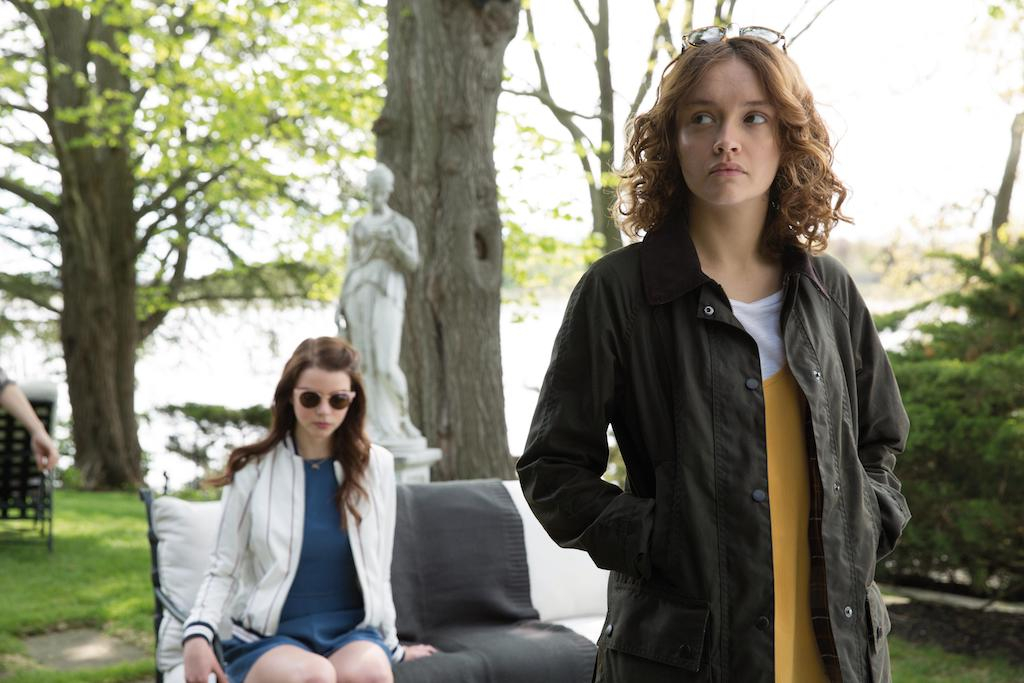
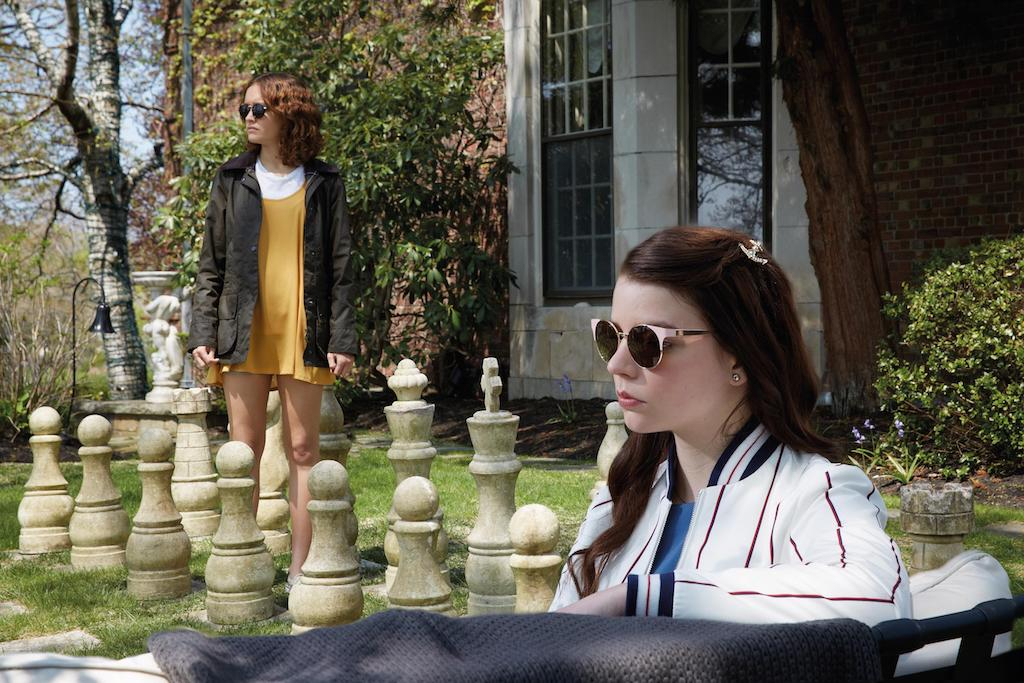
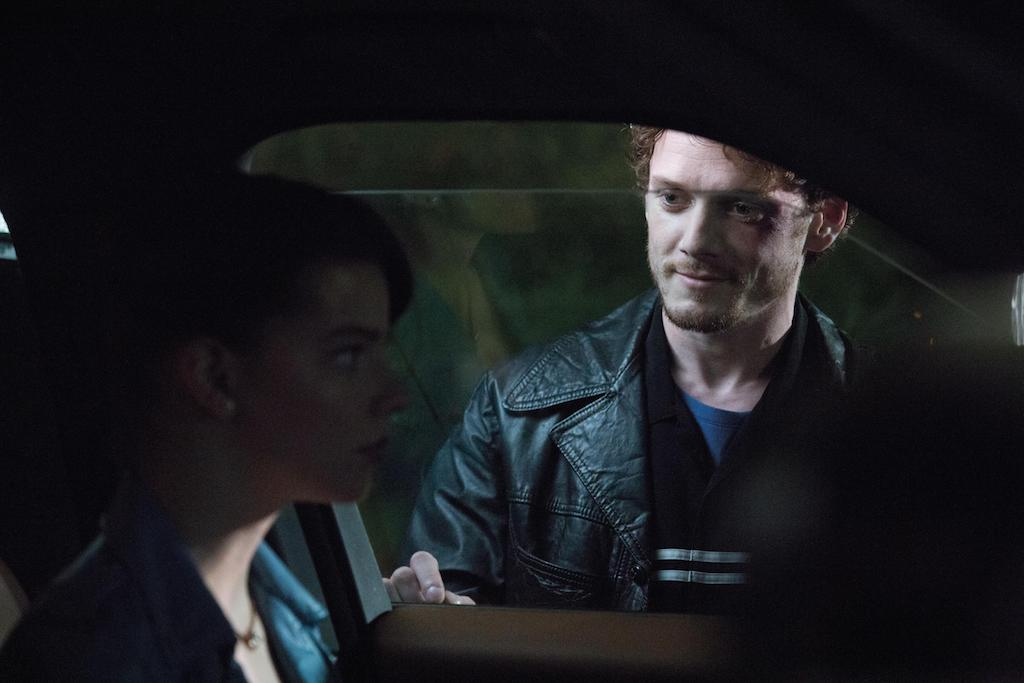
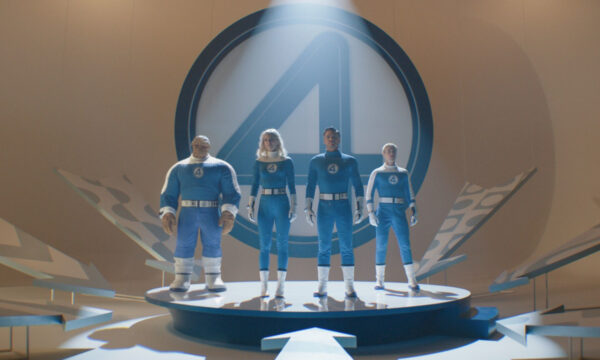
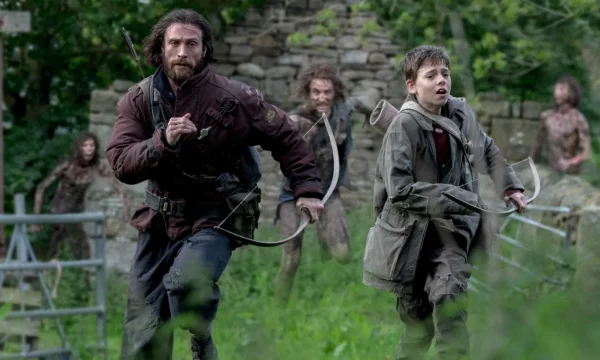
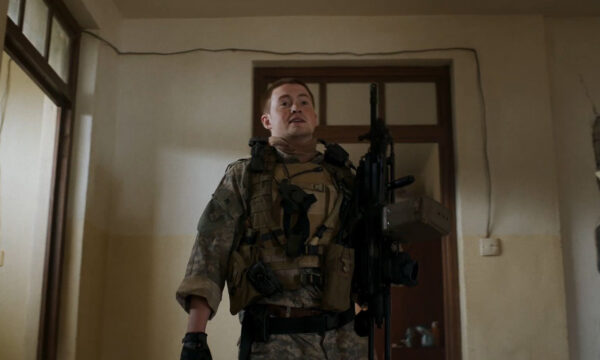
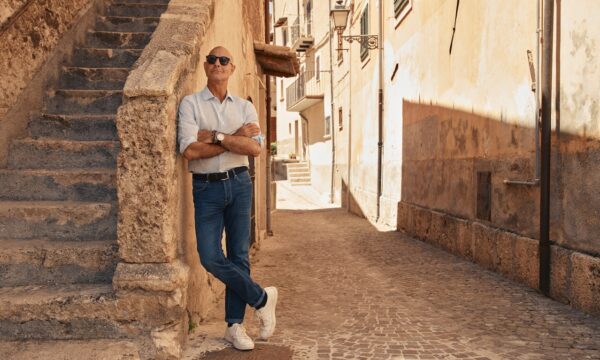
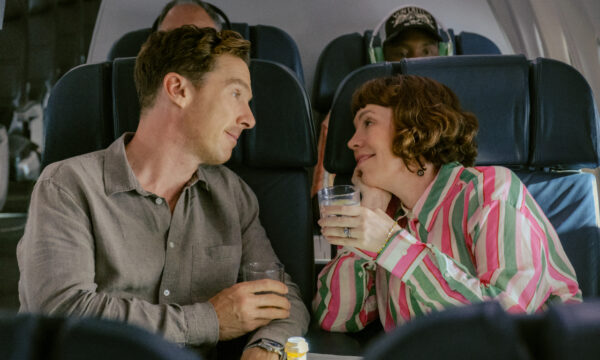
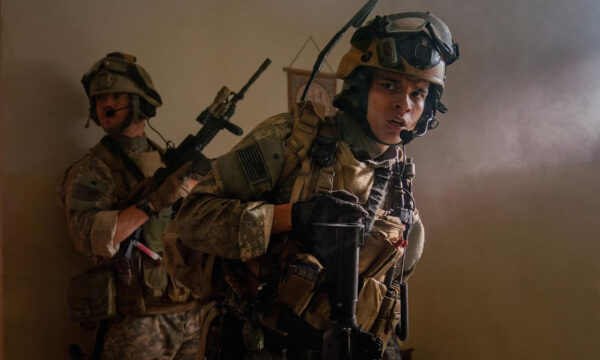
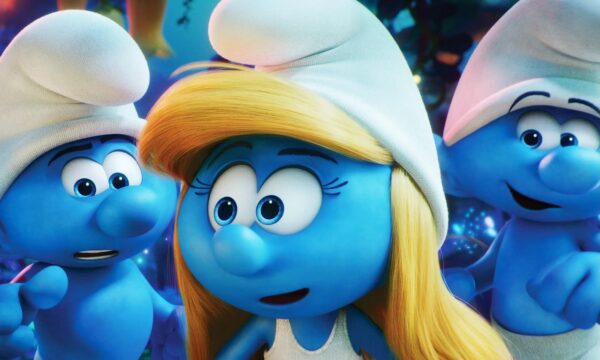
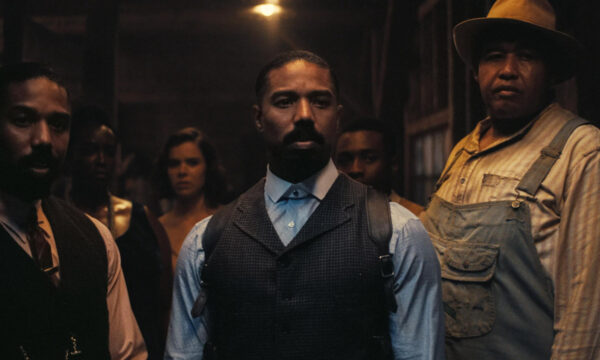
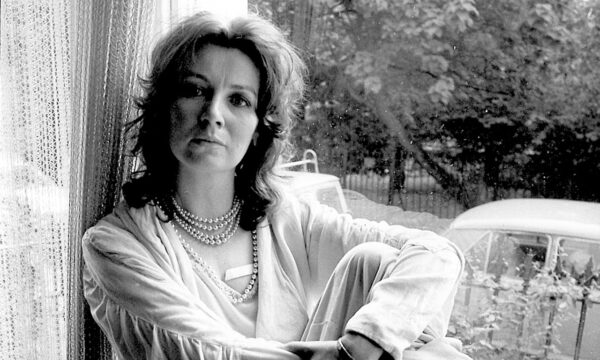














Facebook
Twitter
Instagram
YouTube
RSS